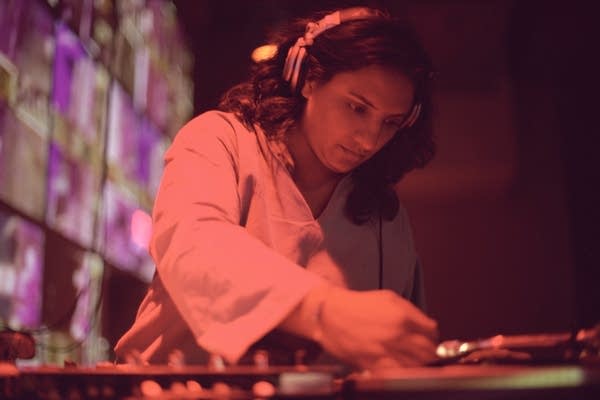DJ Rekha to fuse timeless, modern rhythms at Cedar Cultural Center

Newsweek named DJ Rekha one of the most influential South Asians in the United States. The New York-based artist is performing in Minnesota for the first time on July 11, 2015, at the Cedar Cultural Center in Minneapolis.
Nisha Sondhe
Go Deeper.
Create an account or log in to save stories.
Like this?
Thanks for liking this story! We have added it to a list of your favorite stories.


